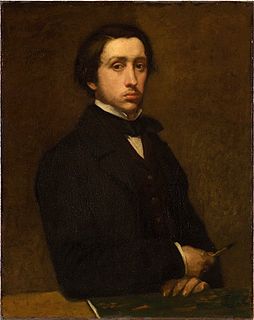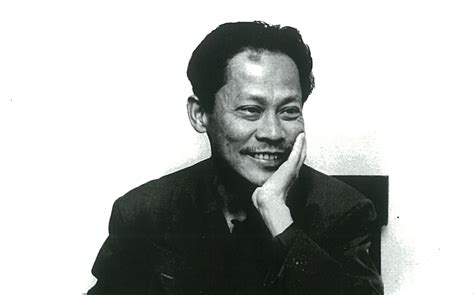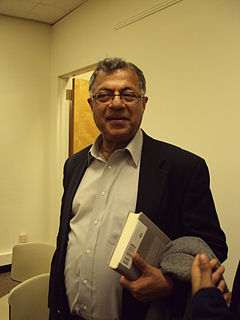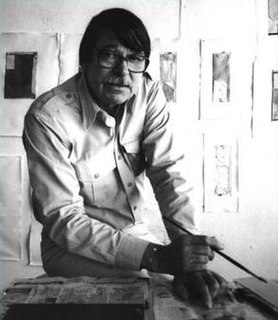A Quote by Edgar Degas
An artist must approach his work in the spirit of the criminal about to commit a crime.
Related Quotes
I think there is a lot of crime caused by desperation, and it doesn't mean that people commit crime because they're poor, but certainly a lot of people who are poor commit crime and they might not if they weren't poor. You understand the difference there? That's not news, but it comes up when I hear people say poverty doesn't affect crime - that crime is still going down in America even though the economy is bad.
The question eventually must be raised: Is it a criminal offense to take the name of the Lord in vain? When people curse their parents, it unquestionably is a capital crime (Ex. 21:17). The son or daughter is under the lawful jurisdiction of the family. The integrity of the family must be maintained by the threat of death. Clearly, cursing God (blasphemy) is a comparable crime, and is therefore a capital crime (Lev. 24:16).
The artist seeks contact with his intuitive sense of the gods, but in order to create his work, he cannot stay in this seductive and incorporeal realm. He must return to the material world in order to do his work. It's the artist's responsibility to balance mystical communication and the labor of creation.
Why was the painting made? What ideas of the artist can we sense? Can the personality and sensitivity of the artist be felt when studying the work? What is the artist telling us about his or her feelings about the subject? What response do I get from the message of the artist? Do I know the artist better because of the painting?








































